(ECNS) -- "Tariffs are about making America rich again, and making America great again. And it's happening. And it will happen rather quickly," said U.S. President Trump at a joint session of the Senate and House of Representatives on March 4, 2025.
Having implemented an additional 10% tariff on Chinese goods exported to the U.S., which brings the cumulative tariff rate to 20%, the Trump administration is now also planning a 25% tariff on Mexico and Canada.
In the context of U.S. policies impacting the global trade system, what measures might China take to address the issue of high tariff? What changes can be expected in China's policy during the "Trump 2.0" era? Denis Simon, a visiting professor in Duke University's Asian Pacific Studies Institute raised these questions in the latest China Q&A.
Jia Qingguo, a member of the 14th CPPCC National Committee Standing Committee and professor of Peking University, answered his question.
Jia pointed out that Republicans generally support a tougher policy approach towards China than Democrats, and their restrictions and suppression measures toward China are also more severe. For example, the new Trump cabinet includes many China hawks, including U.S. Secretary of State Marco Rubio, Secretary of Defense Pete Hegseth, and National Security Advisor Michael Waltz.
"However, significant uncertainty surrounds the Trump administration's potential policy toward China, as Trump's stance remains notably ambiguous." Jia said, "While he has maintained tough rhetoric, consistently labeling China as a strategic competitor, he has simultaneously extended overtures of cooperation. He even suggested that China and the U.S. together can solve all the problems of the world."
Jia also pointed out that while the Trump administration's tariff policy may bring some short-term benefits for the U.S.—such as generating revenue—it will ultimately do more harm than good in the long run. First, other countries are likely to impose retaliatory tariffs on U.S. goods, restricting American exports. Second, U.S. companies may become less competitive under the protection of tariffs. Third, such policies could trigger a global "trade war", significantly disrupting the world economic order.
Jia emphasized that Trump's policy toward China in his second term is still a very big variable and needs to be continuously observed.
In response to U.S. actions, Jia believes that China must firmly safeguard its legitimate interests. First, China should implement appropriate countermeasures against the U.S. Second, China needs to uphold the principle of free trade, as international trade has enabled Chinese companies to compete globally and enhance their competitiveness. Third, both China and the U.S. should strengthen communication and coordination, to reach certain compromise on the tariff issue, so that China can better protect its own interests.








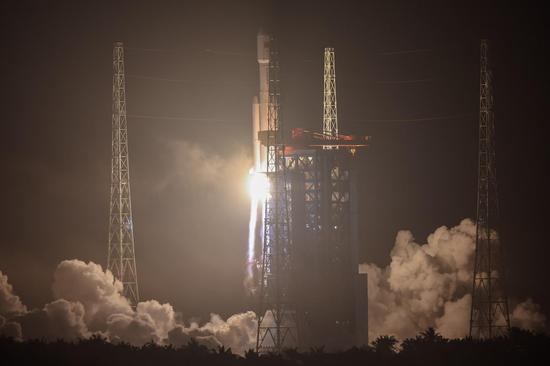


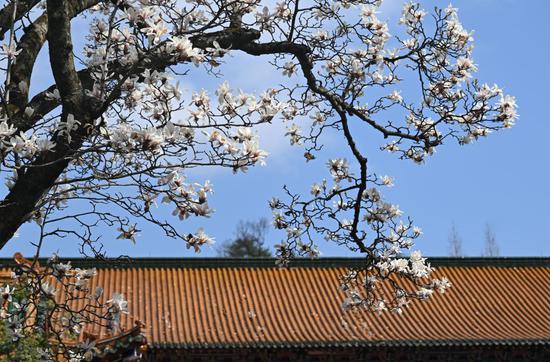

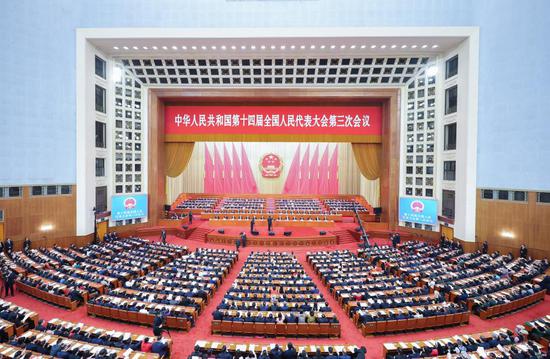



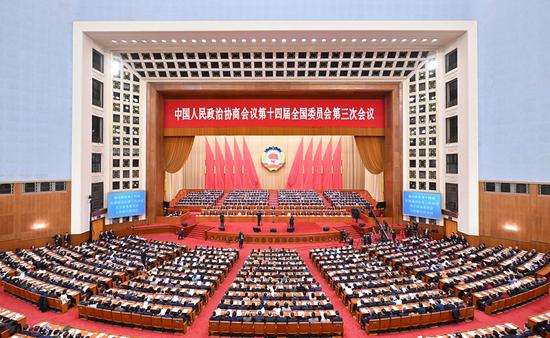



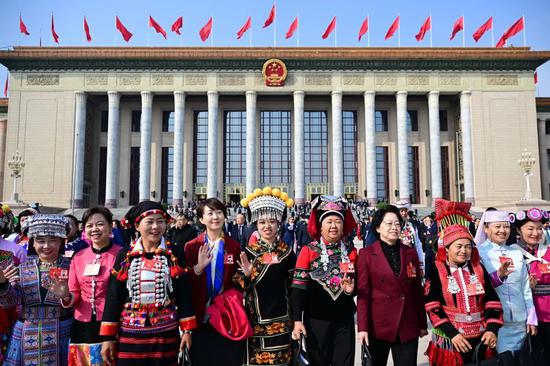
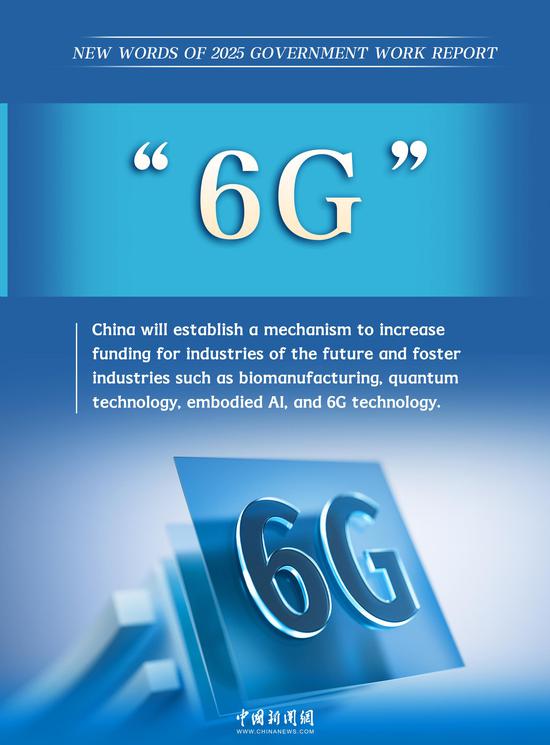
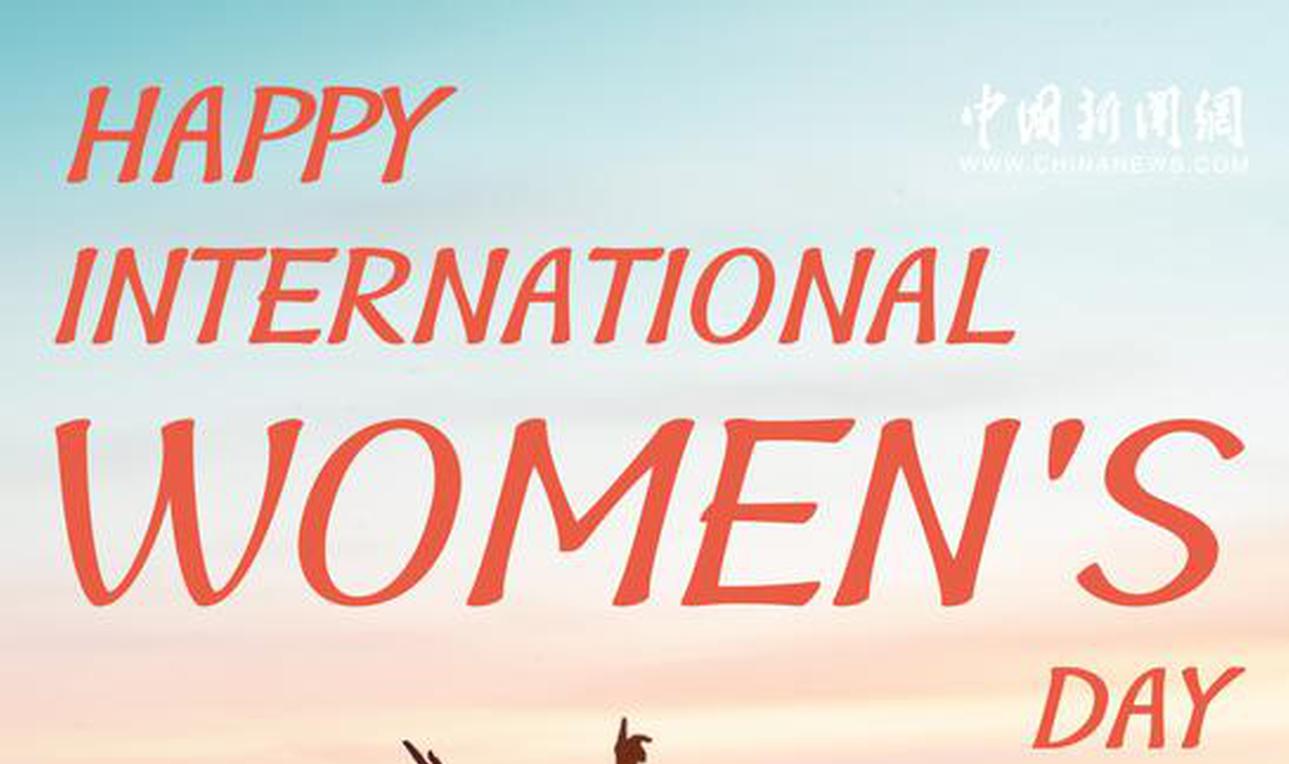
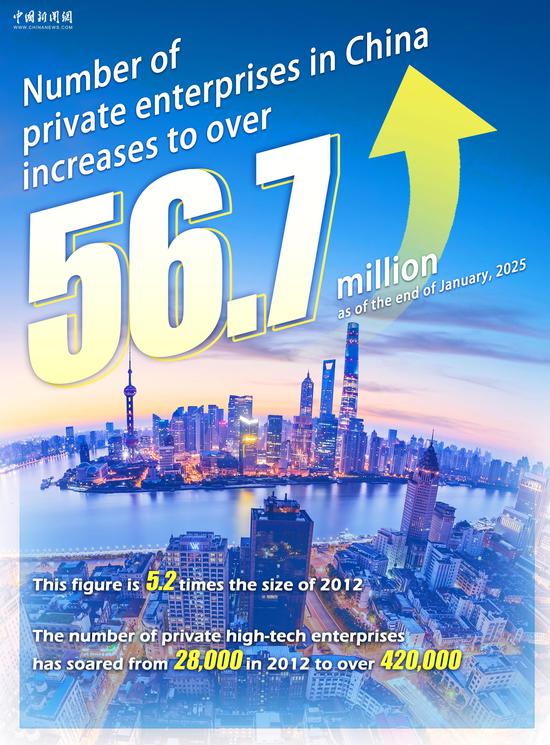
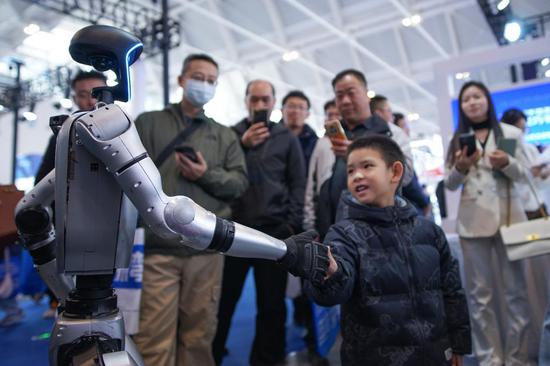
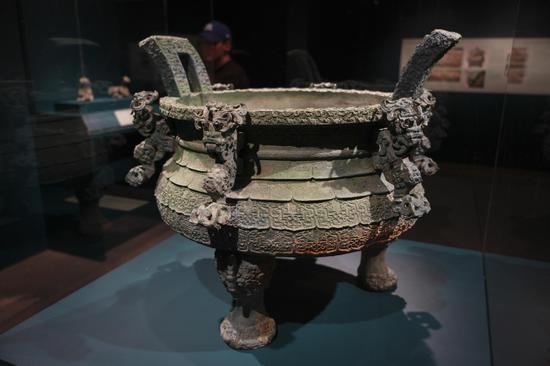

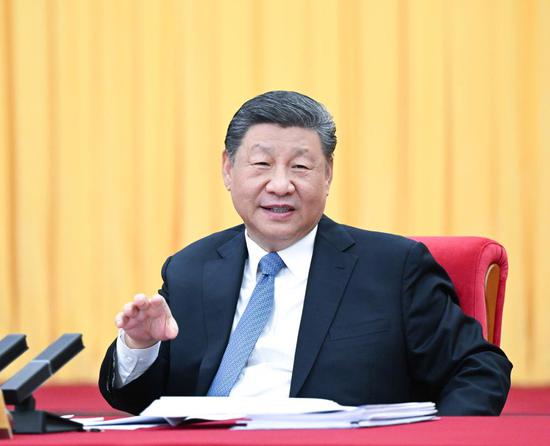
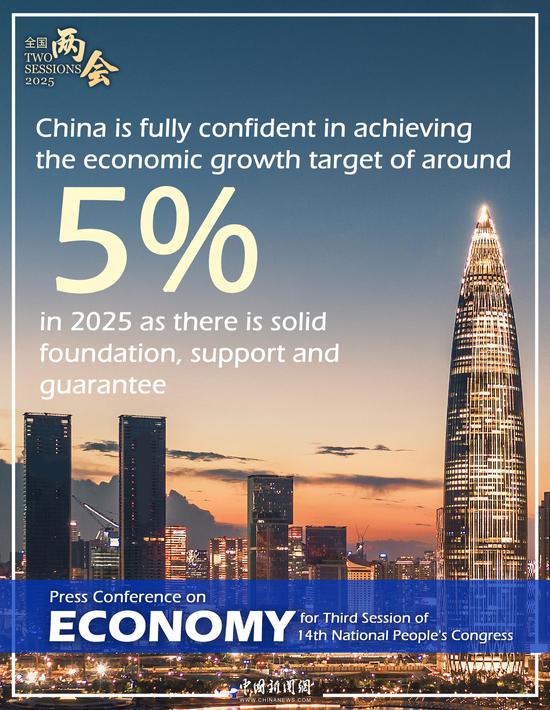



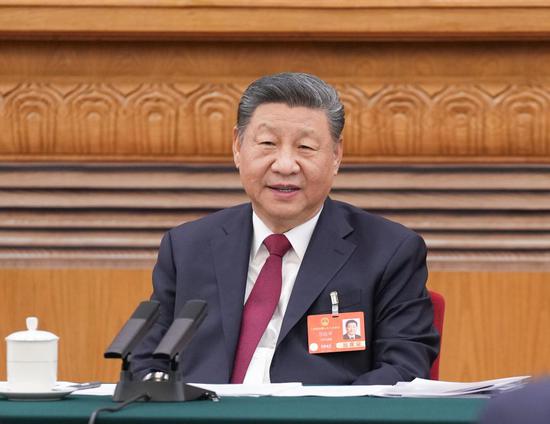
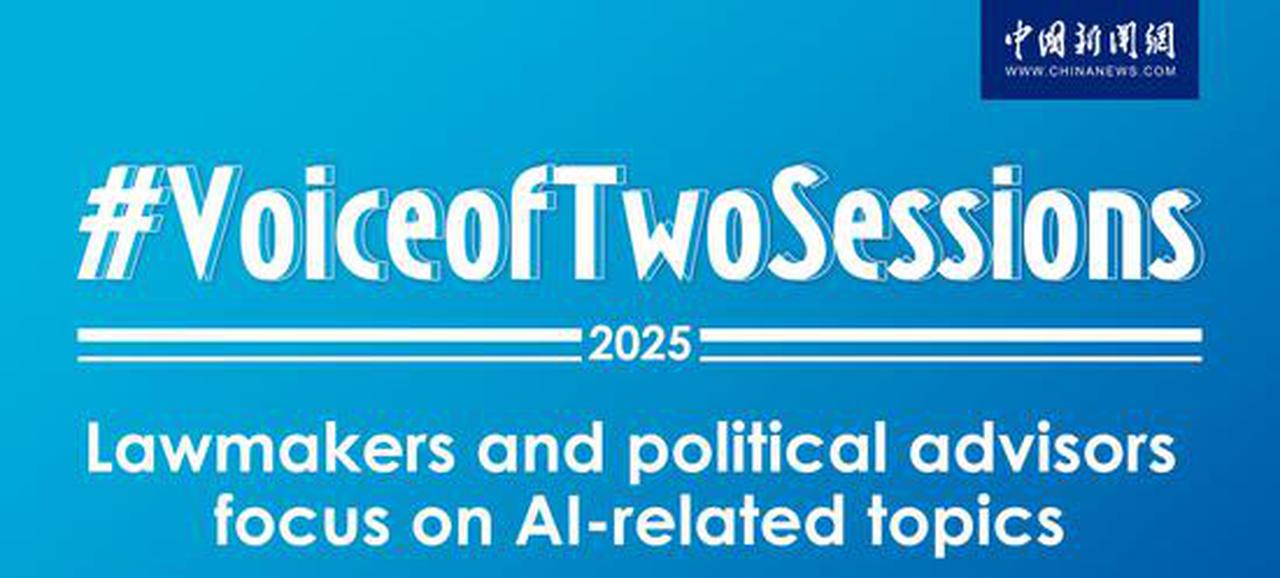
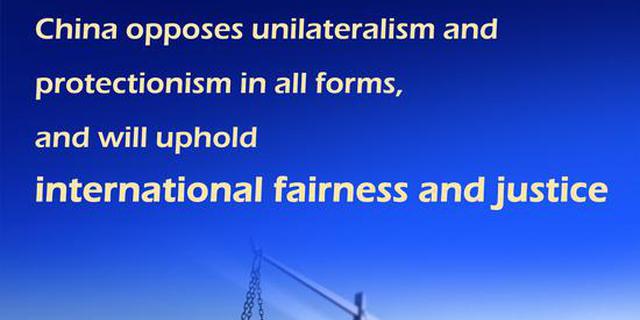
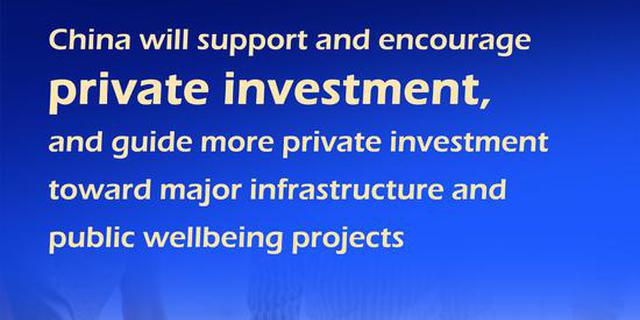
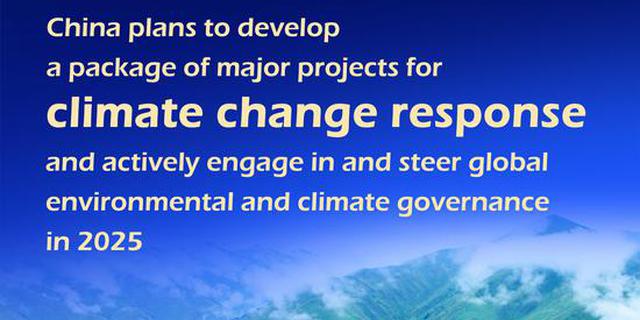



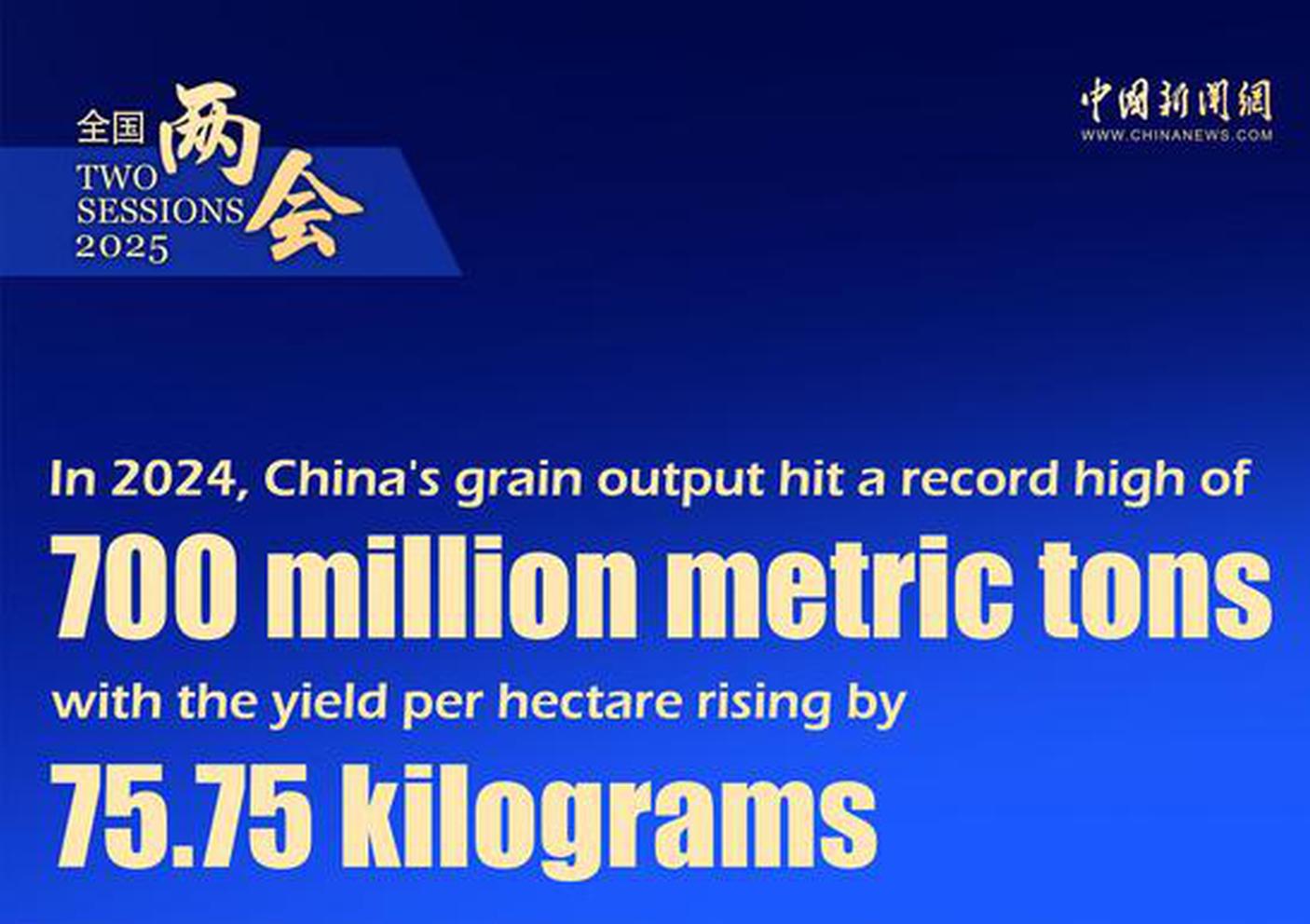
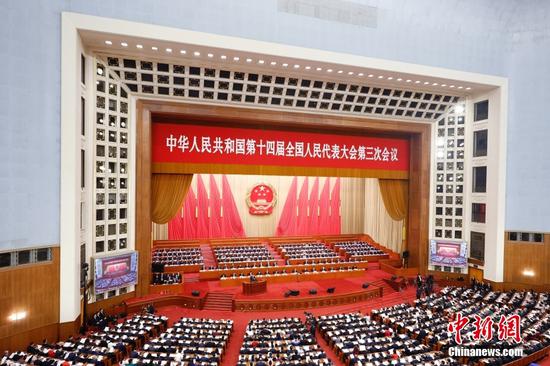
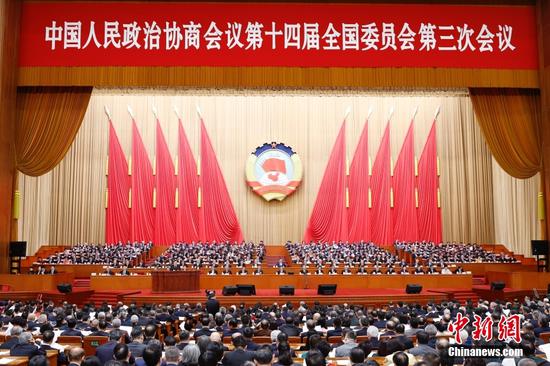
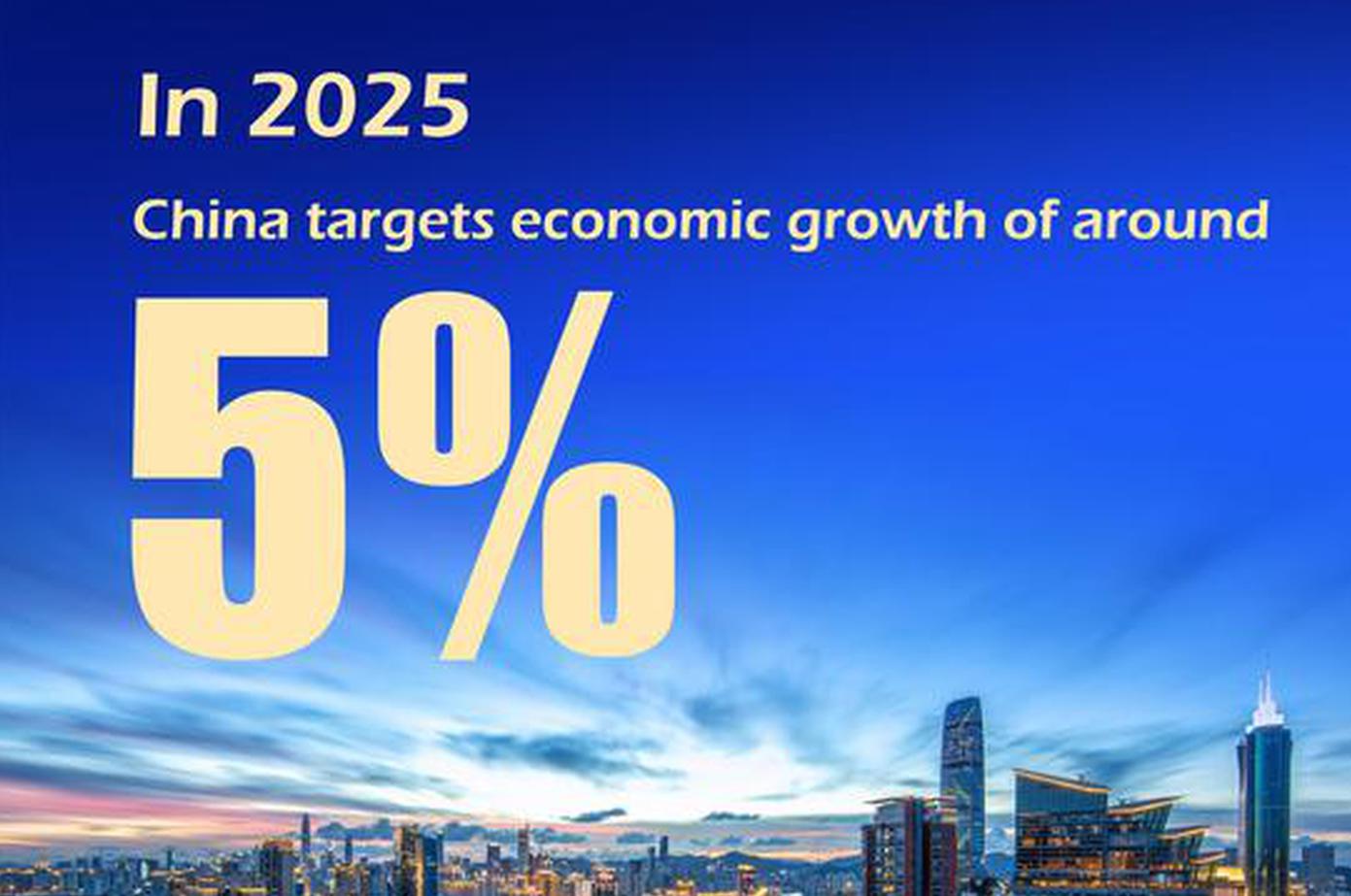




 京公网安备 11010202009201号
京公网安备 11010202009201号